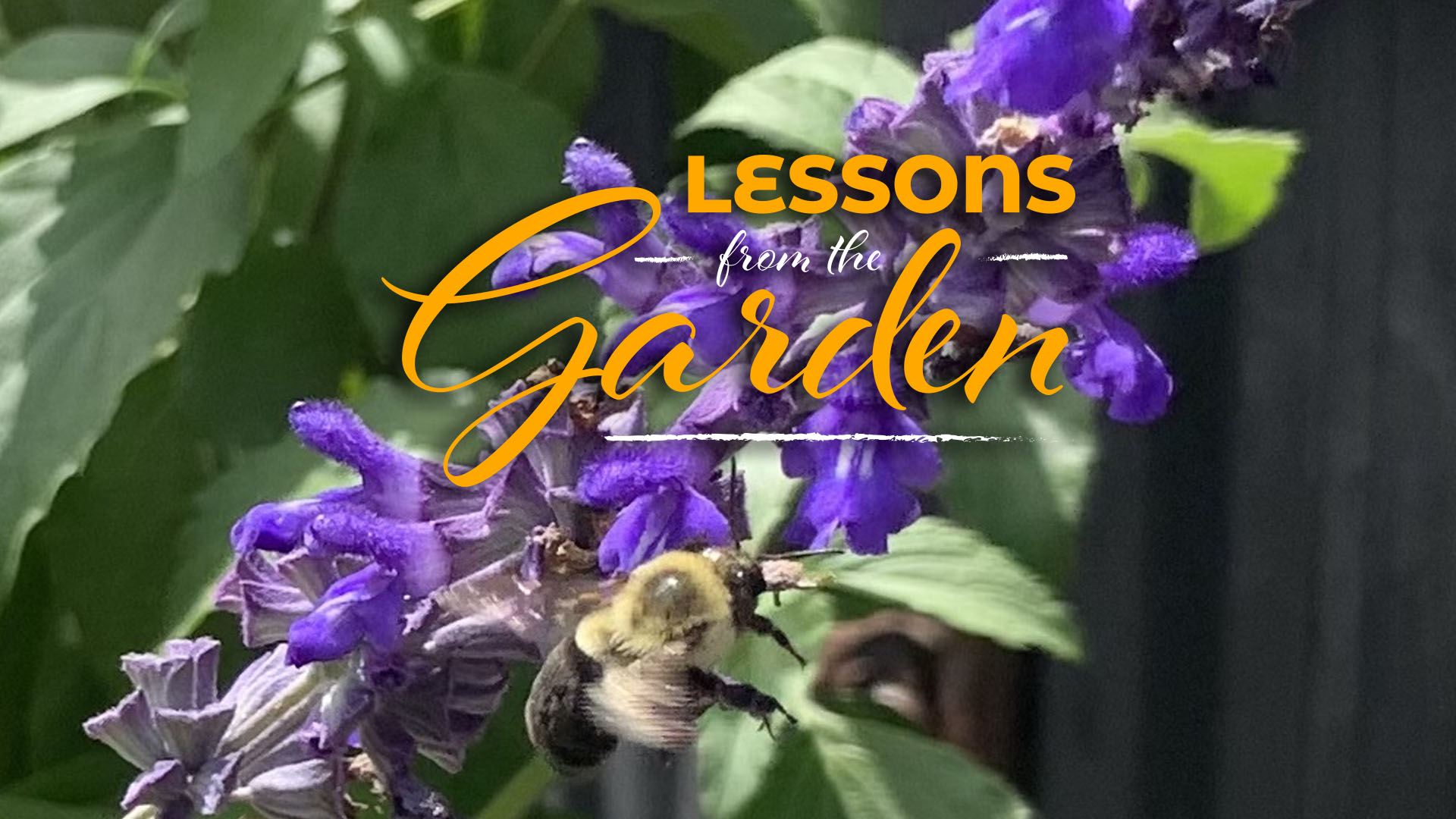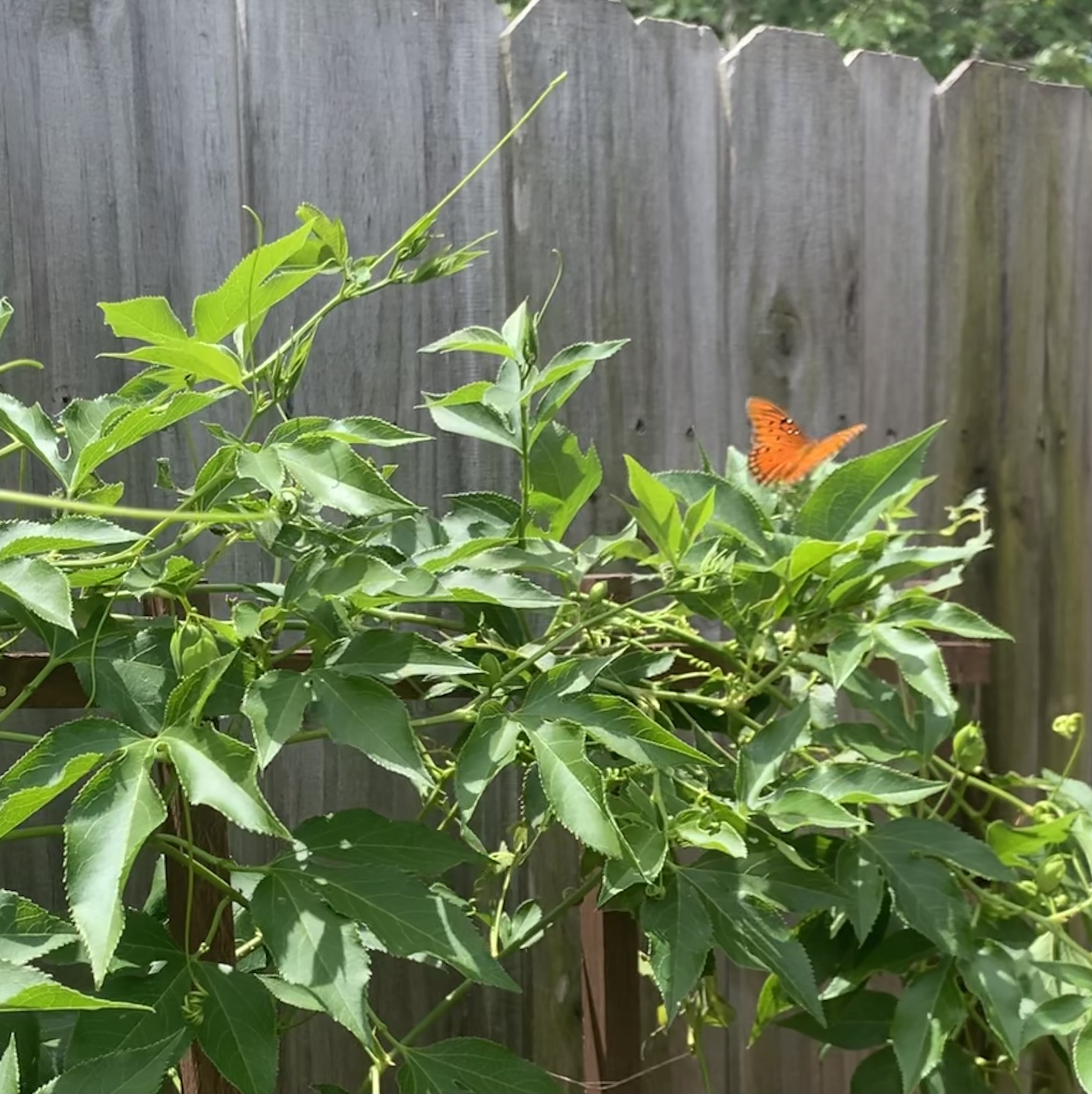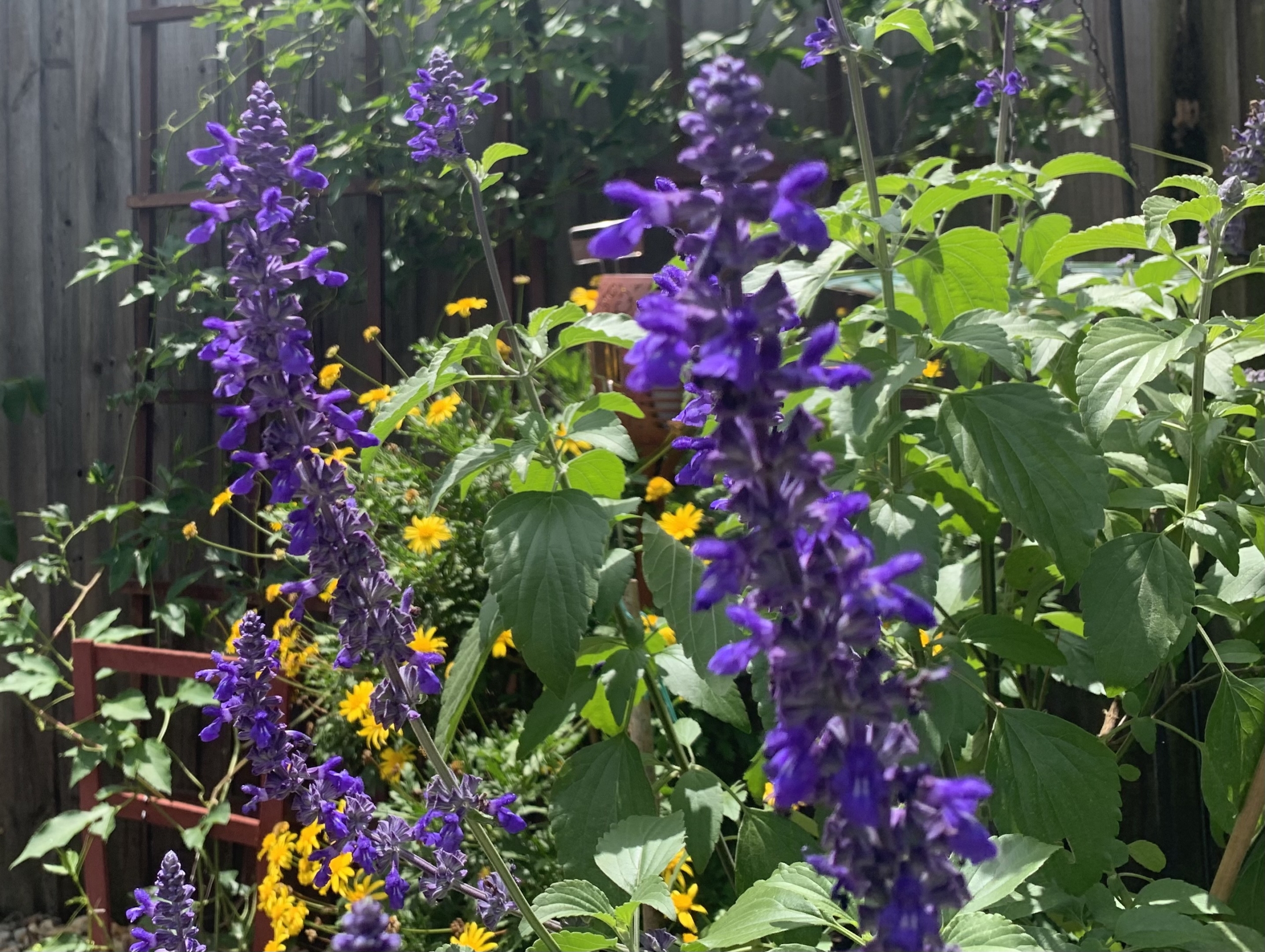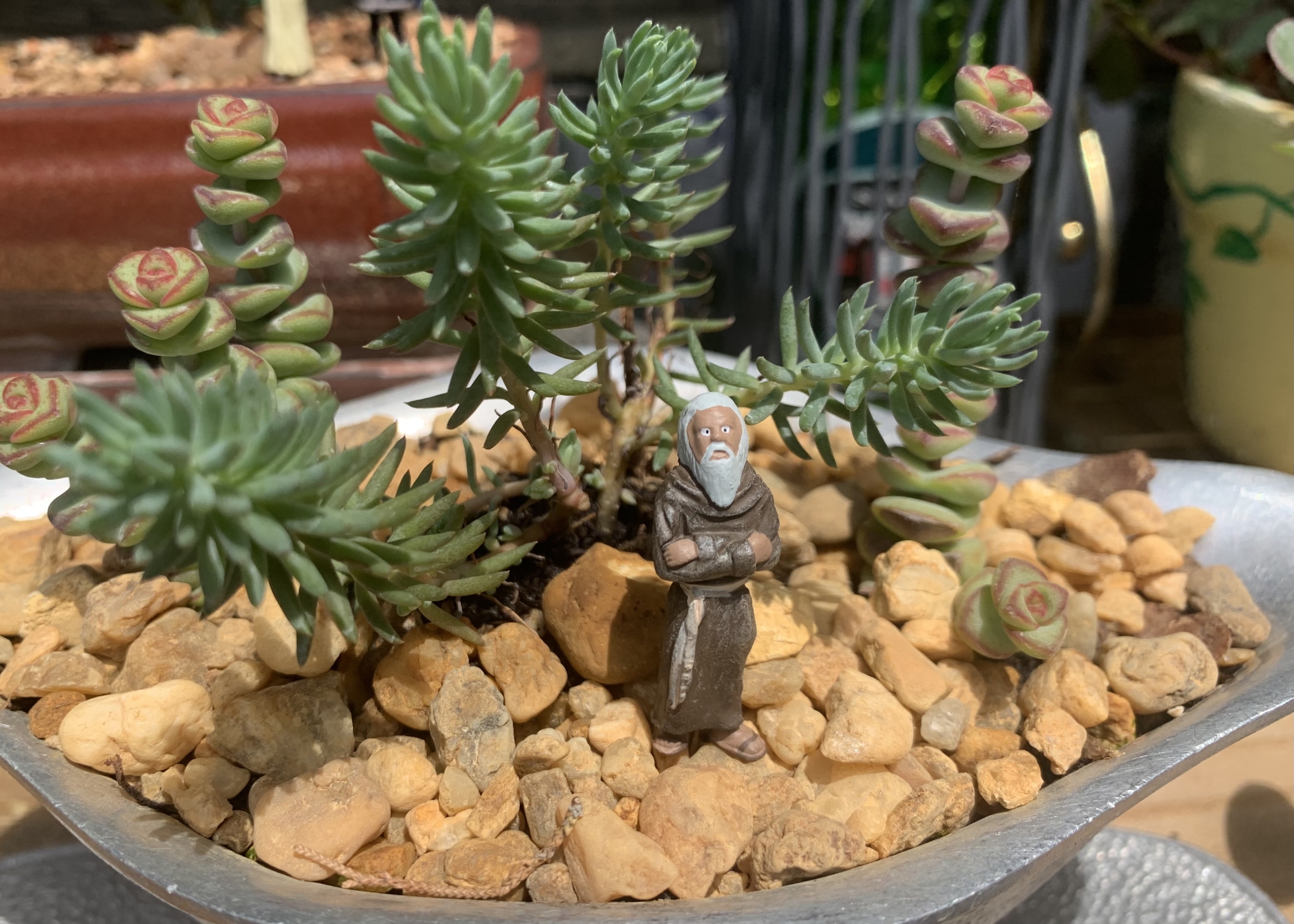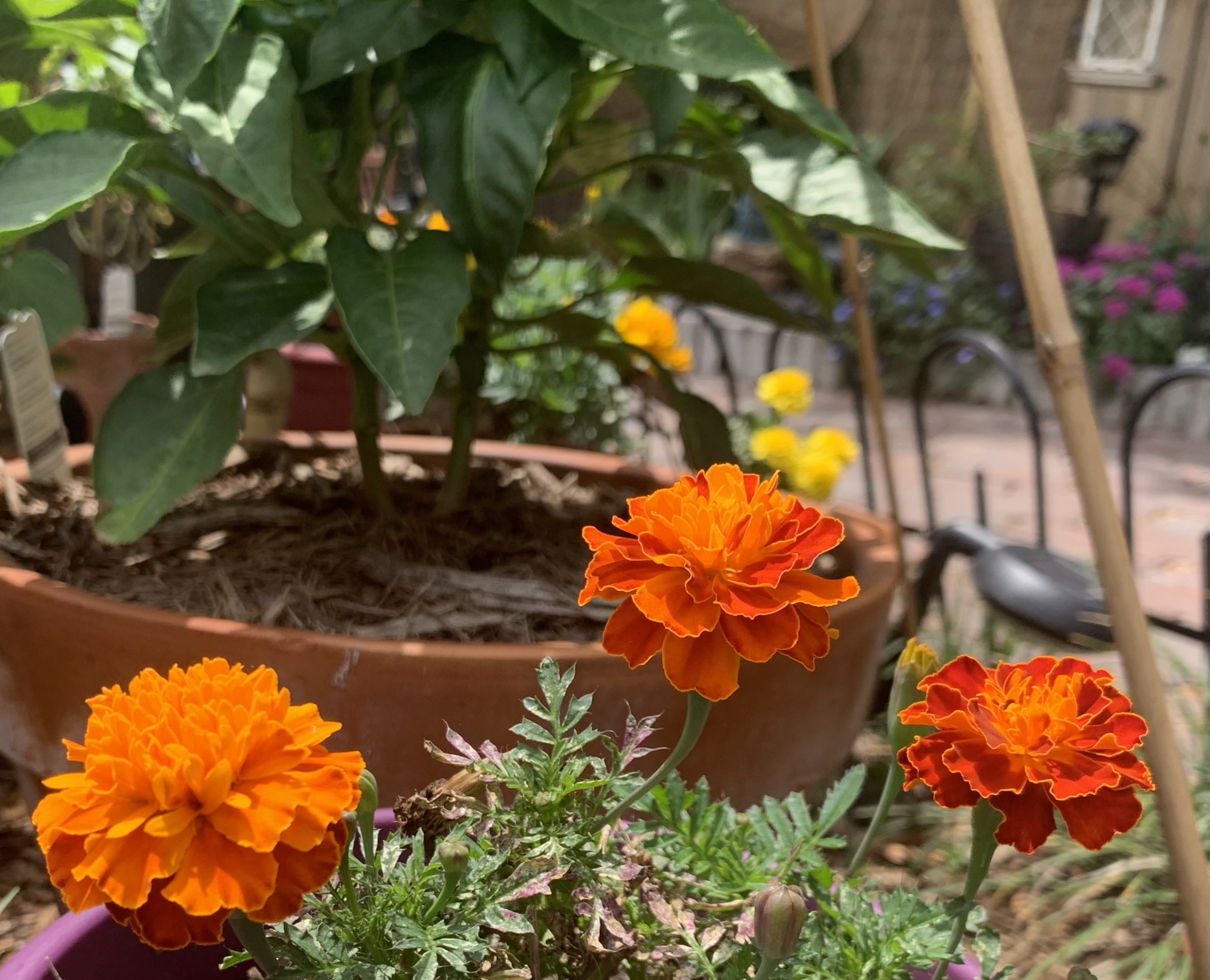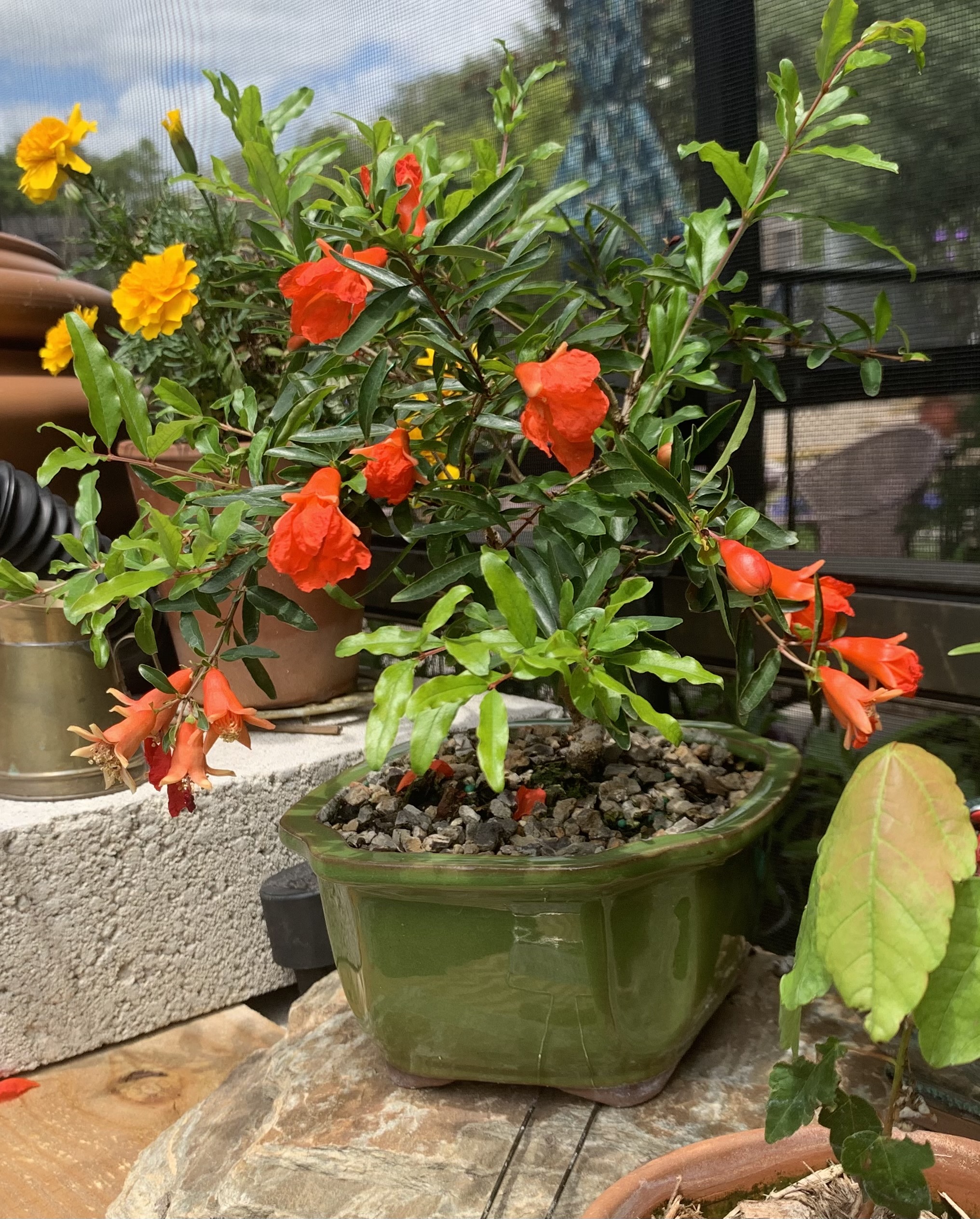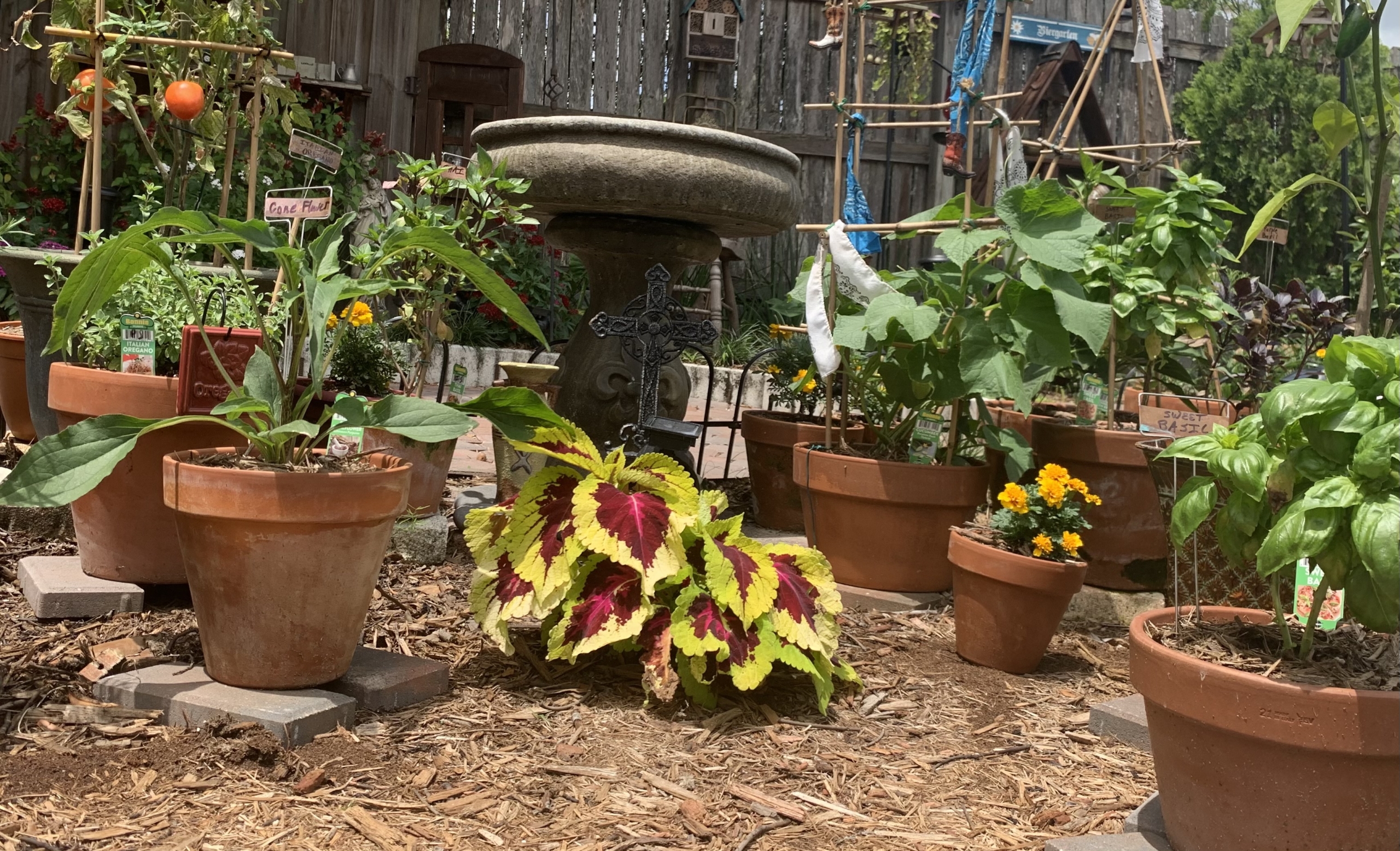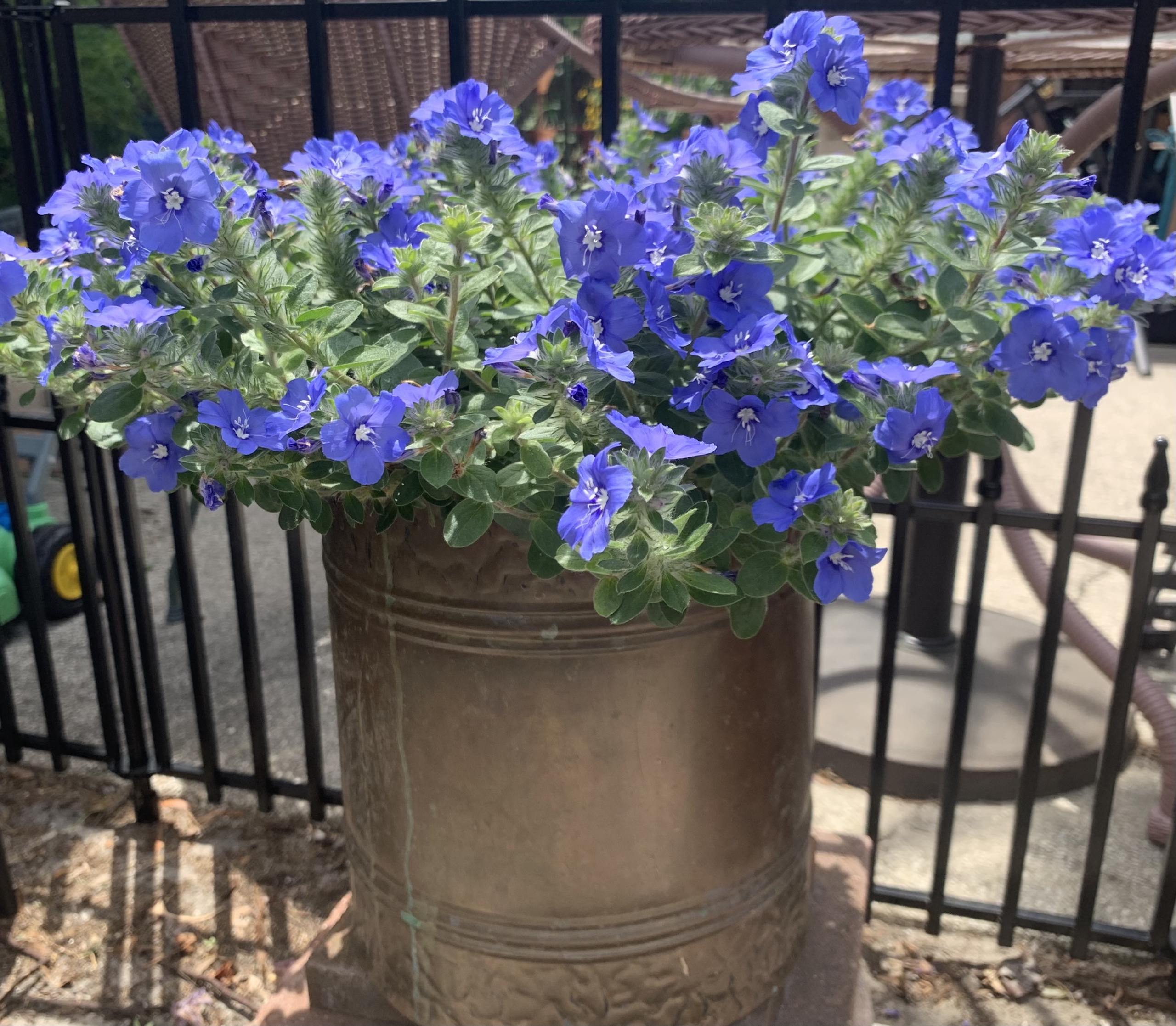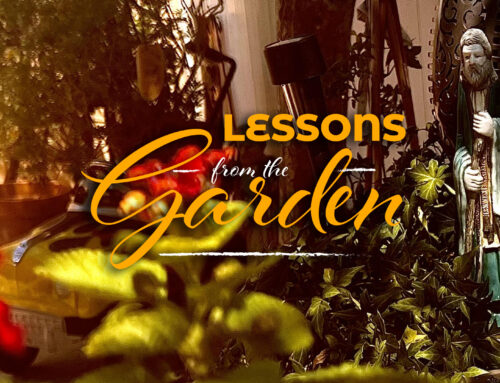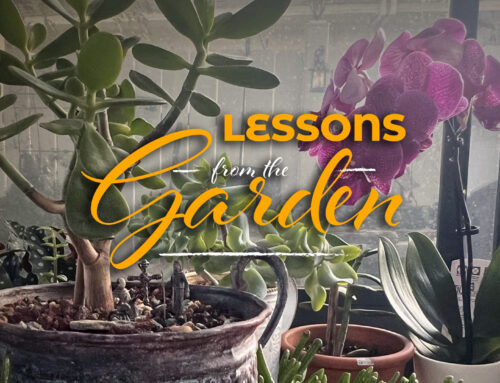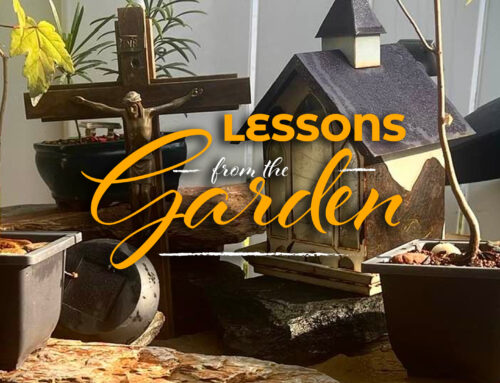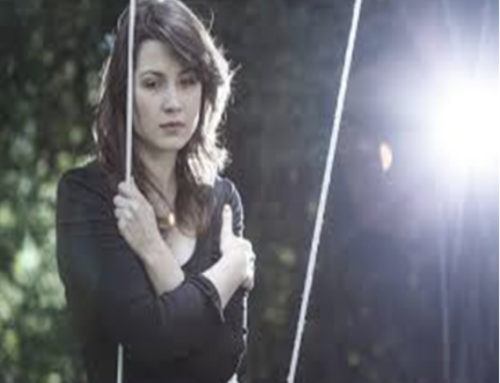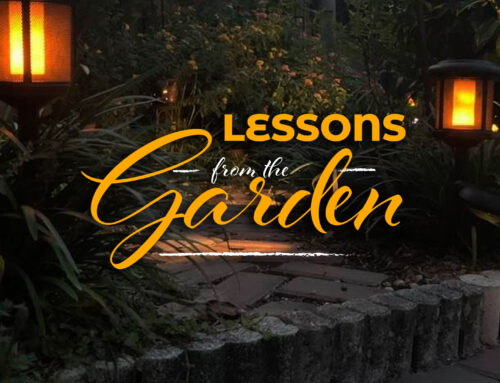Living in a relationship with our creator is a way of life. God creates life and seeks us to join him in our daily existence. Last year, 2020, my wife and I started gardening in our backyard. We never gardened before. To me, gardening is an act of worship, among many acts of worship in life, yet an act of worship that helps me see our invisible creator in tangible ways. What I am learning in our garden is almost indescribable.
At LifePoint, we are seeking the heart of what worship means in a new teaching series. As a noun, worship is this feeling or expression of reverence and adoration for God, our creator. As a verb (I like verbs because they show action), worship is showing reverence and adoration for God. As I work in our garden, I seek to show reverence for the uniqueness of each plant, creature and element that inhabits its space. As you can see from the pictures below, there is a lot to adore.
I see worship as a way of life. When my wife and I sought harmony with the natural world surrounding our home (our garden), we had no idea what lessons and wisdom God would teach us. What we found was almost indescribable. But I will attempt to describe it.
Chris Tomlin, the Christian recording artist, and worship leader, sang a song called “Indescribable”. I want to share some thoughts from this song as we journey in the garden and as we seek a heart of worship in our daily lives. The apostle Paul will also join us on this journey.
For the proper perspective though, we should start with the inspired words of the apostle Paul. I always start in Scripture. In this section, Paul is speaking about God:
“For his invisible attributes, namely, his eternal power and divine nature, have been clearly perceived, ever since the creation of the world, in the things that have been made.” ~~ Romans 1:20
I will note that Paul was talking to the church in Rome about the human predicament of sin in our lives when he wrote those words. Yet this verse also stands on its own as a description of the divine nature of God. There is a paradox here that might help us better understand God’s nature. The paradox is this: Paul describes the invisible attributes of God that are clearly seen, or perceived. Interesting paradox. The INVISIBLE attributes and nature of God that are clearly SEEN. Let’s look further.
Paul describes how we can see God’s invisible presence by using two Greek words that together translate as the word “perceived”, or in many versions, as “seen”. These two Greek words are, noeo kathorao (pronounced, “no-eh-o kath-orah-o”). Paul embedded a lot of understanding in the thoughts behind these two words. Noeo imparts the meaning of “understand” and kathorao imparts the meaning of “clearly seeing”. These two words bring together the thought of understanding what we clearly see, not just seeing, but understanding what we see.
How is it that we can clearly see the invisible presence of God in our lives? Paul tells us, “ever since the creation of the world, in the things that have been made.” Yes, we can see the invisible presence of God, his eternal power and his divine nature, in the things that he made. God created this world and its inhabitants, from microorganisms to humankind, from water and air to mountains. Humankind is the creature nearest to God in all of creation. God himself lived among us as a man. Jesus, God in the flesh, revealed the Father’s glory and wisdom in ways the world has never seen before. So how can we see God’s invisible presence? Through the things he made. That brings us to the garden.
Sitting in our garden in the morning is a special experience for me because it is quiet and almost everything I hear is from God’s created creatures: birds, squirrels, insects, even the wind that blows through the plants and trees. I think of these sounds as proclamations of life in God’s world. Every creature, every sound, is unique, yet together they form an uncontainable song of life. I hear this song of waking life, every morning in the garden. Our garden is full of God’s creation, things that he made. We are just stewards of his creation.
On Sunday at LifePoint we sang the song “Indescribable”, by Christ Tomin. The writers of this song captured the beautiful paradox of seeing our invisible creator in these words:
“From the highest of heights to the depths of the sea, creations revealing Your majesty. From the colors of fall to the fragrance of spring, every creature unique in the song that it sings. All exclaiming, indescribable, uncontainable–You placed the stars in the sky and You know them by name. You are amazing, God!” ~~ song, “Indescribable”, sung by Chris Tomlin
When I see life from this perspective, a heart of worship shines in my soul. God’s awe and wonder are indescribable, yet the paradox is that his eternal power and divine nature surround us every day and we CAN see it. We just need to open our eyes and our hearts to see .
Knowing that God exists is not enough for me. I want to experience his presence; I want to live in his will, and I want to walk with him in the garden of my life and I want to worship Him (show reverence and adoration to Him) by everything I do. There is another paradox. While I can describe God’s love–in all of it’s breadth and its entirety–it is indescribable.
“The heavens declare the glory of God, and the sky above proclaims his handiwork.” ~~ Psalm 19:1
“Who has told every lightning bolt where it should go
Or seen heavenly storehouses laden with snow
Who imagined the sun and gives source to its light
Yet, conceals it to bring us the coolness of night
None can fathom
Indescribable, uncontainable
You placed the stars in the sky
And You know them by name
You are amazing, God
All powerful, untamable
Awestruck we fall to our knees
As we humbly proclaim
You are amazing, God– You are amazing, God”~~ The song, “Indescribable”, written by Laura Mixon Story, and Jesse Reeves, performed by Chris Tomlin.
May you have eyes to see the invisible, yet tangible, attributes and nature of God in all of His creation which surrounds you. May you see His majesty in the uniqueness of each element in creation as you seek harmony, peace, and love in the garden of YOUR life with the Father.
